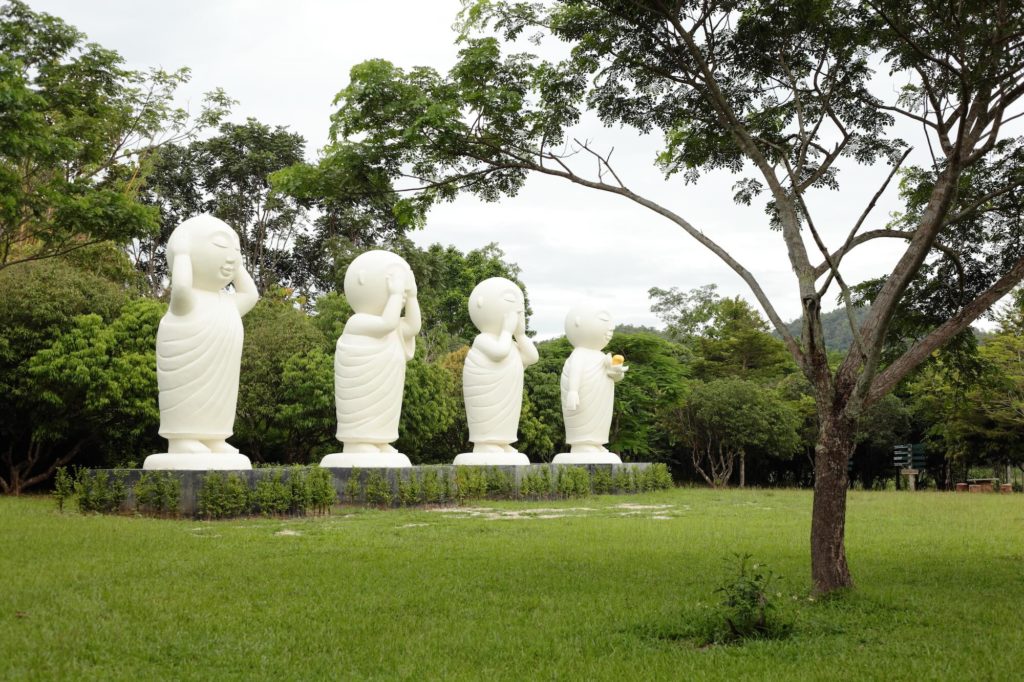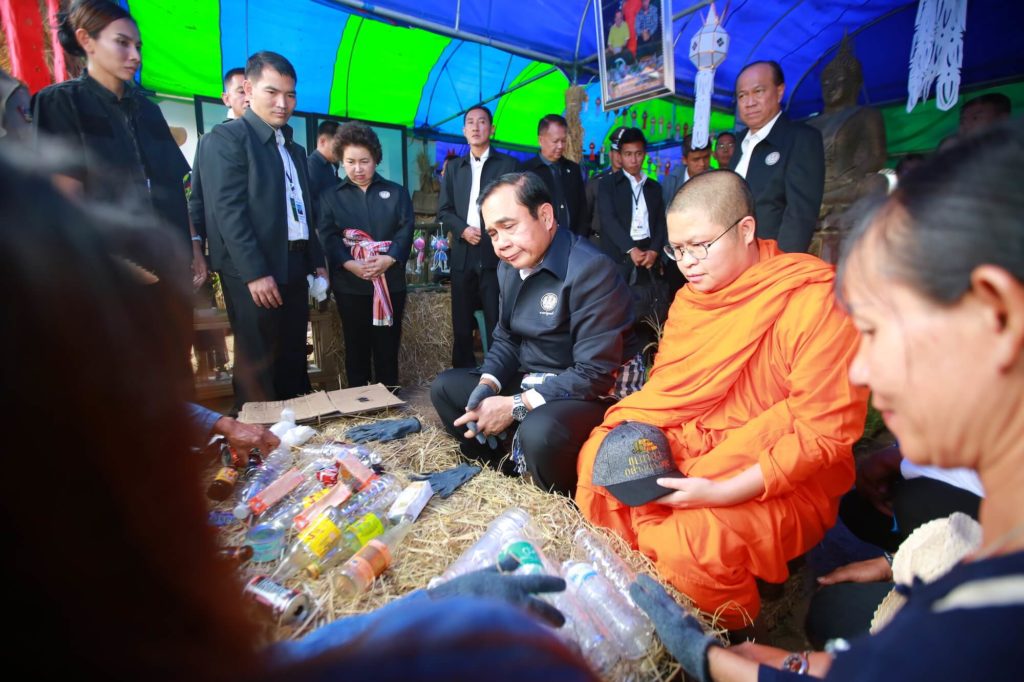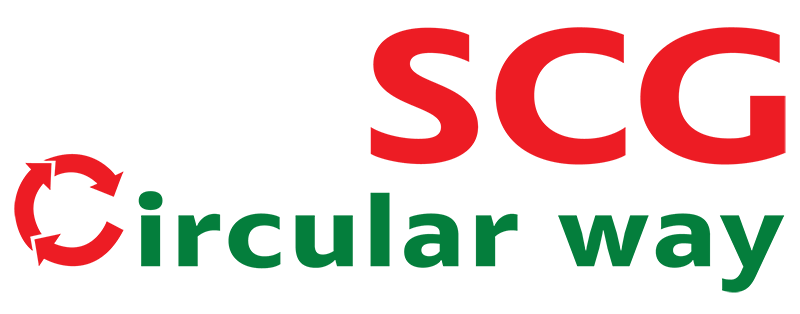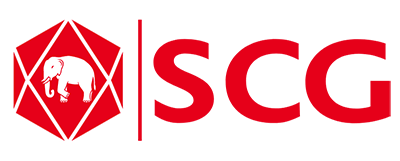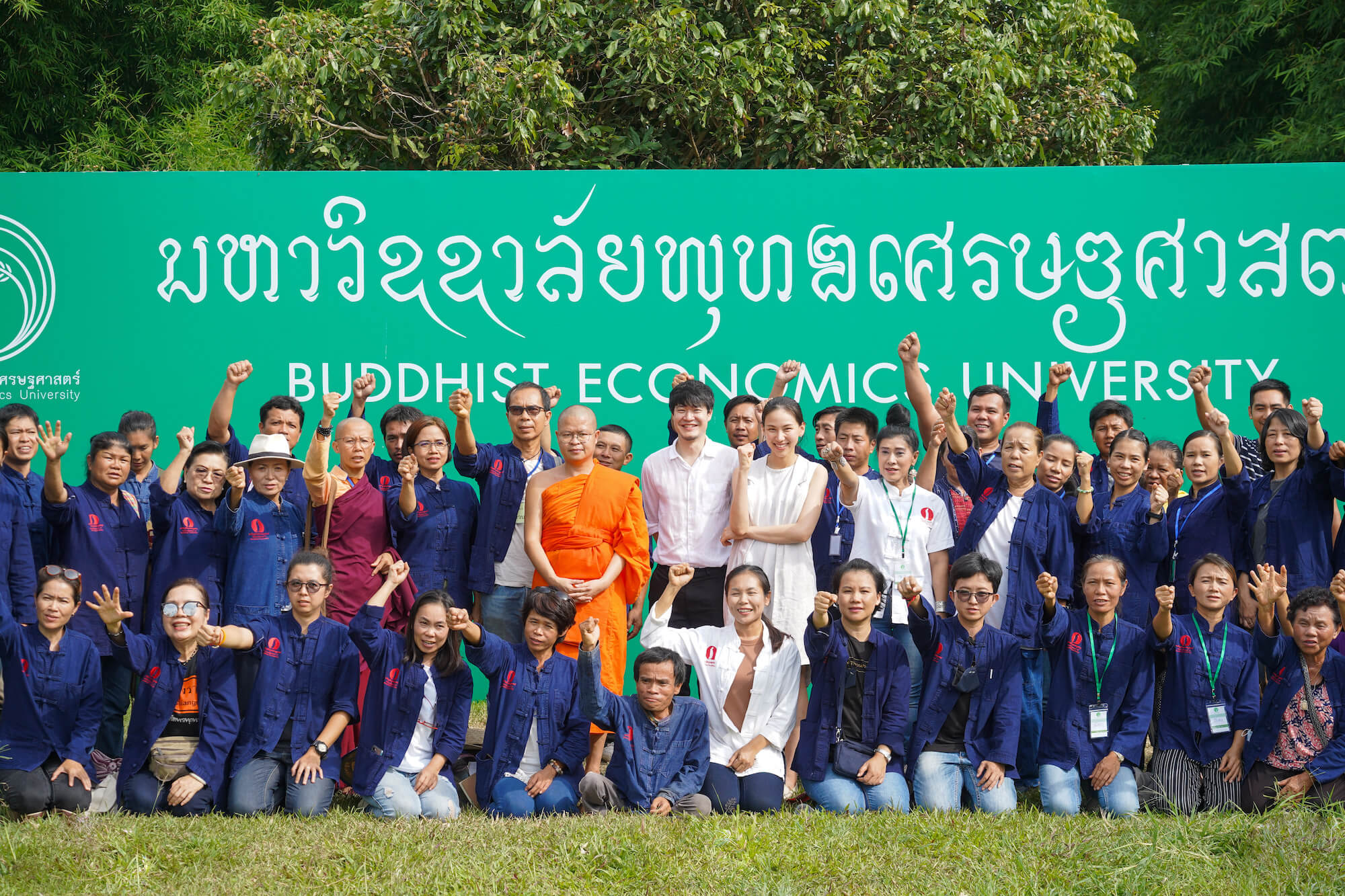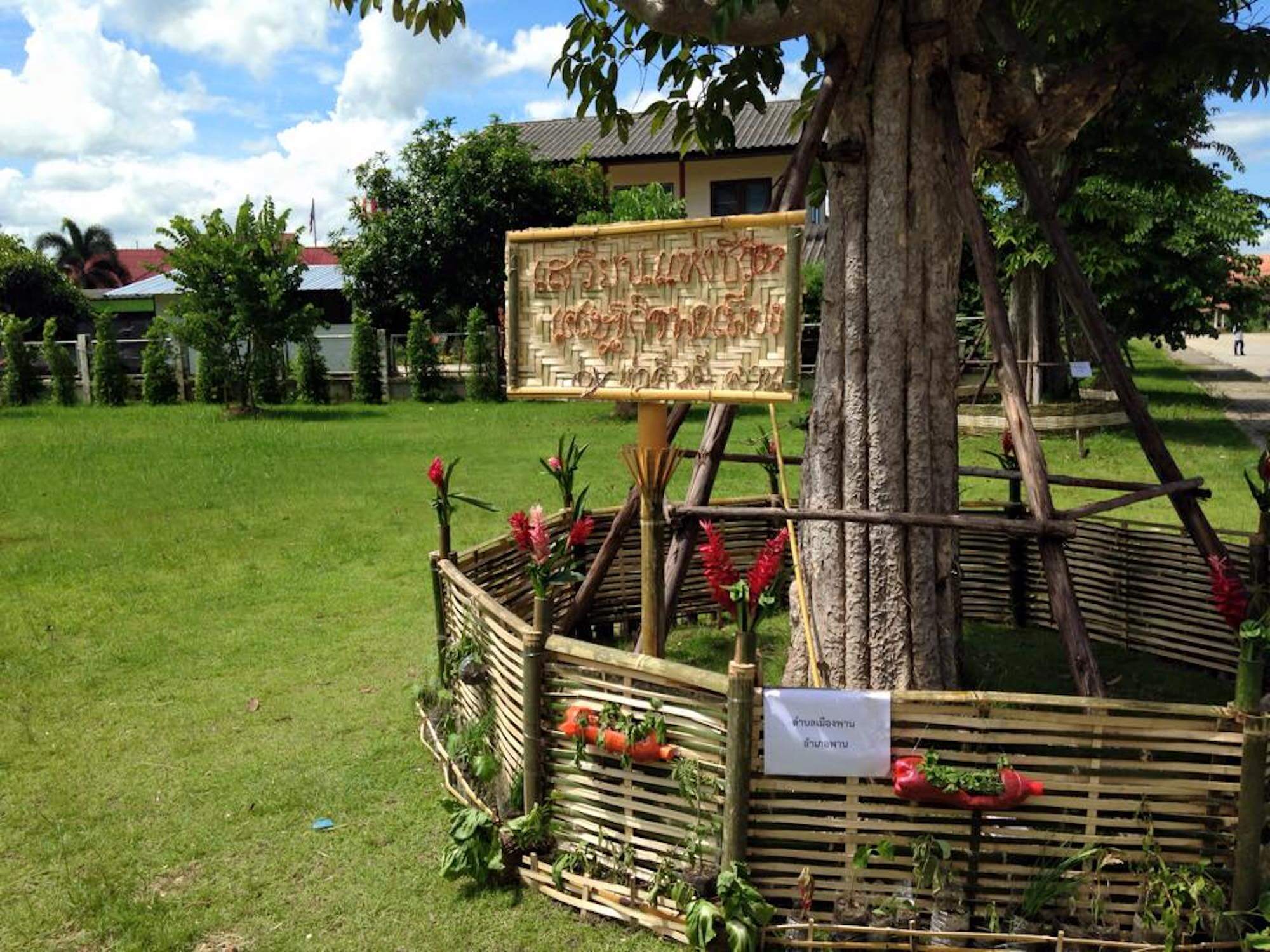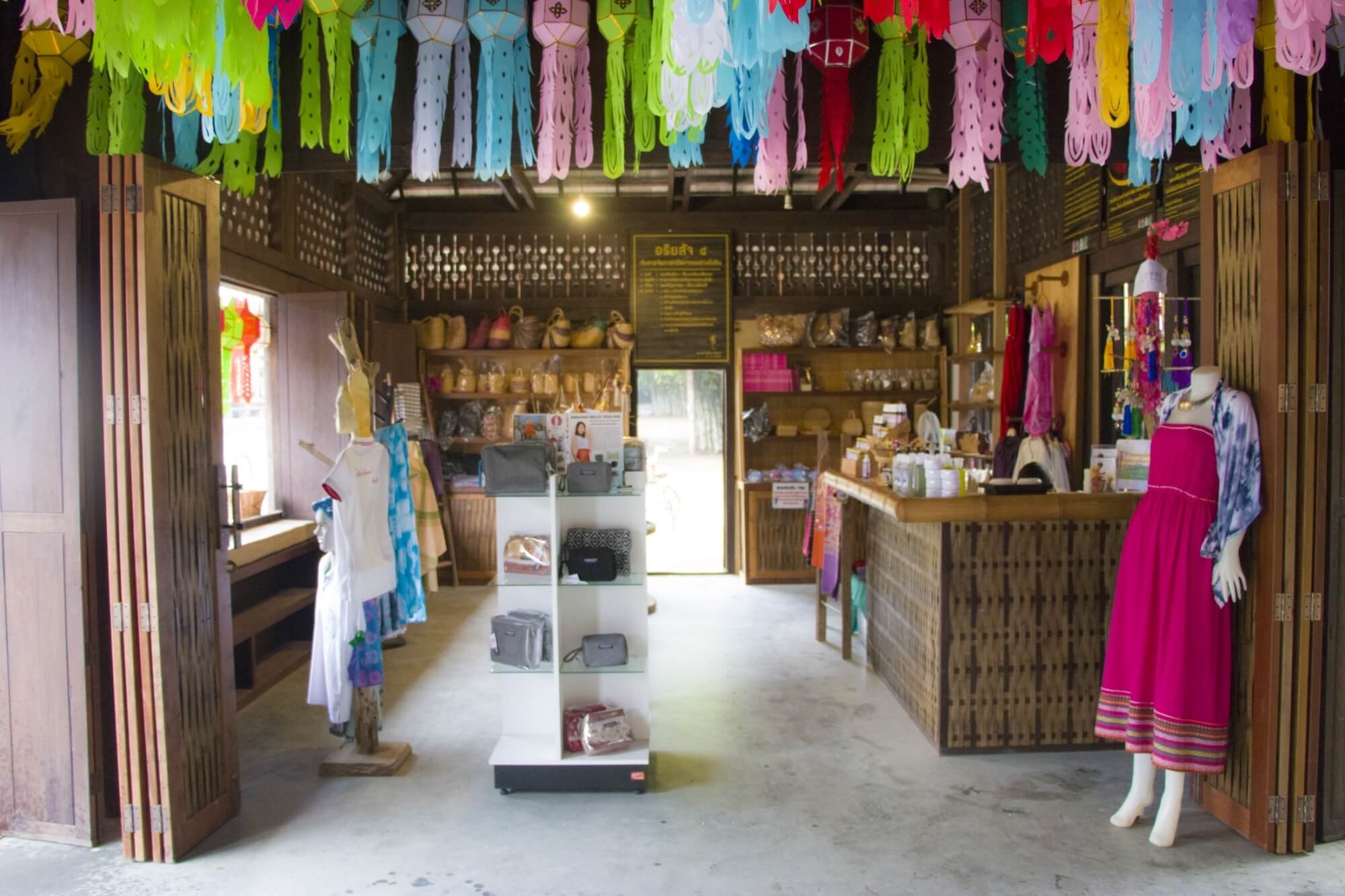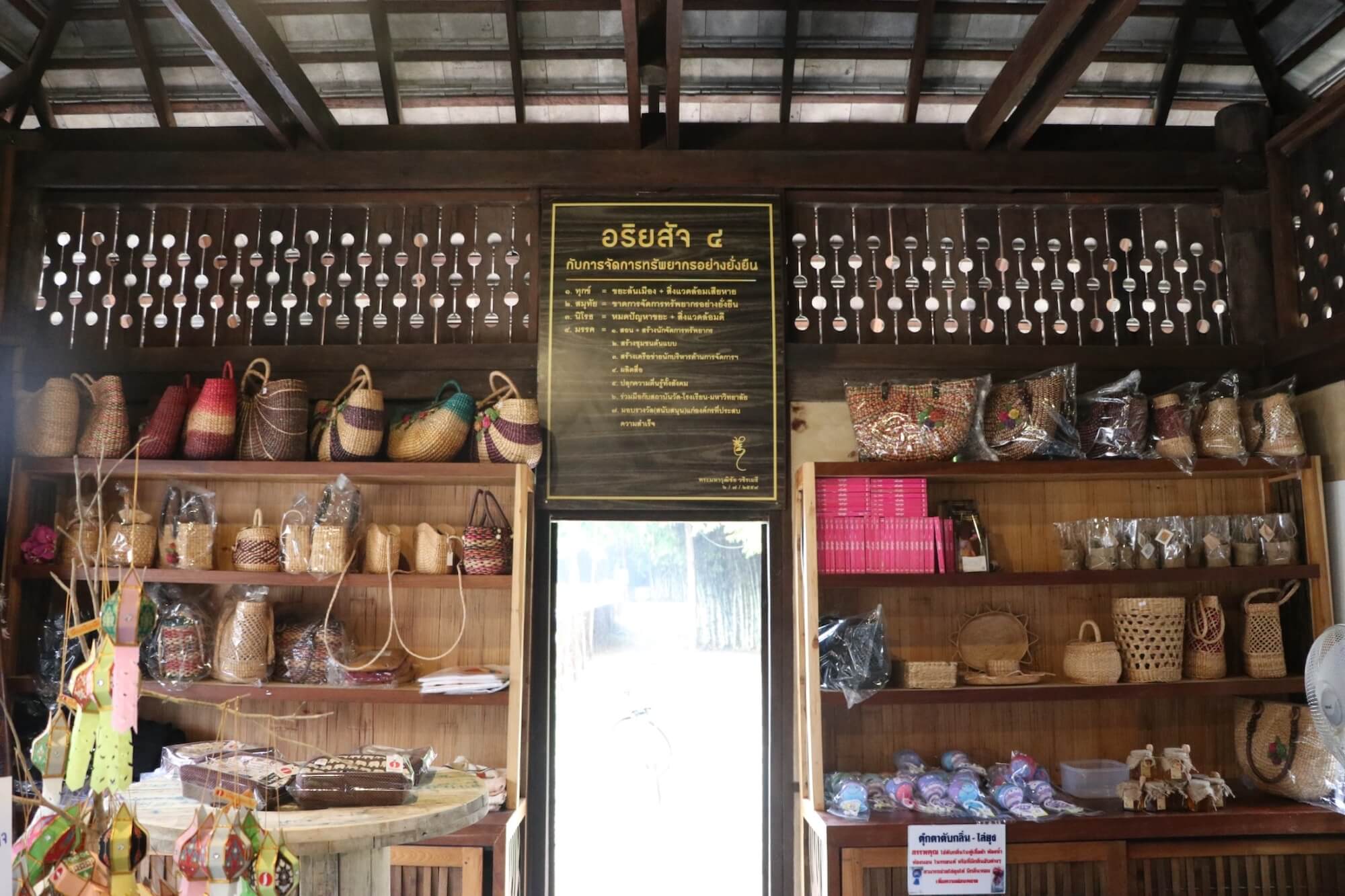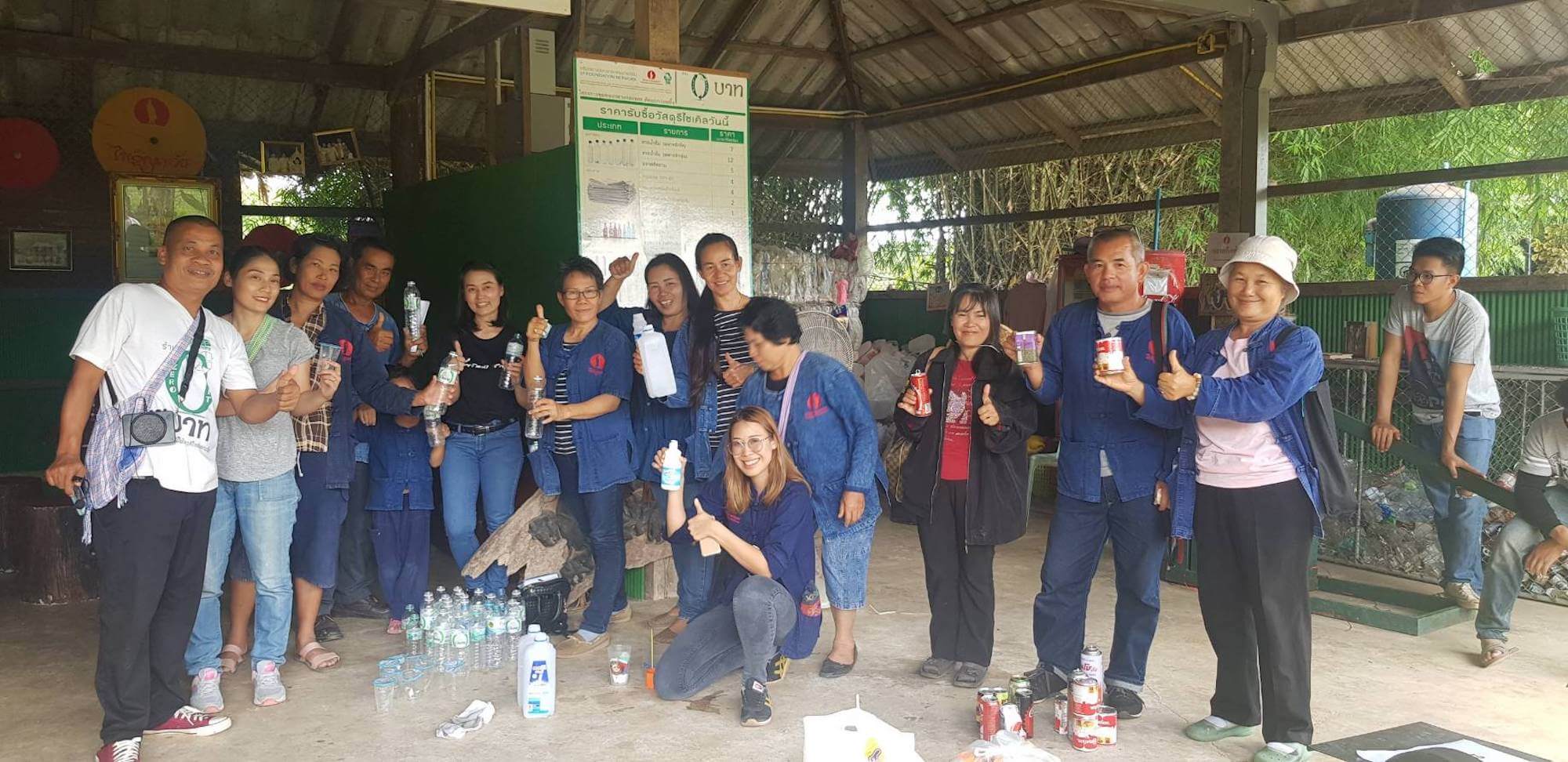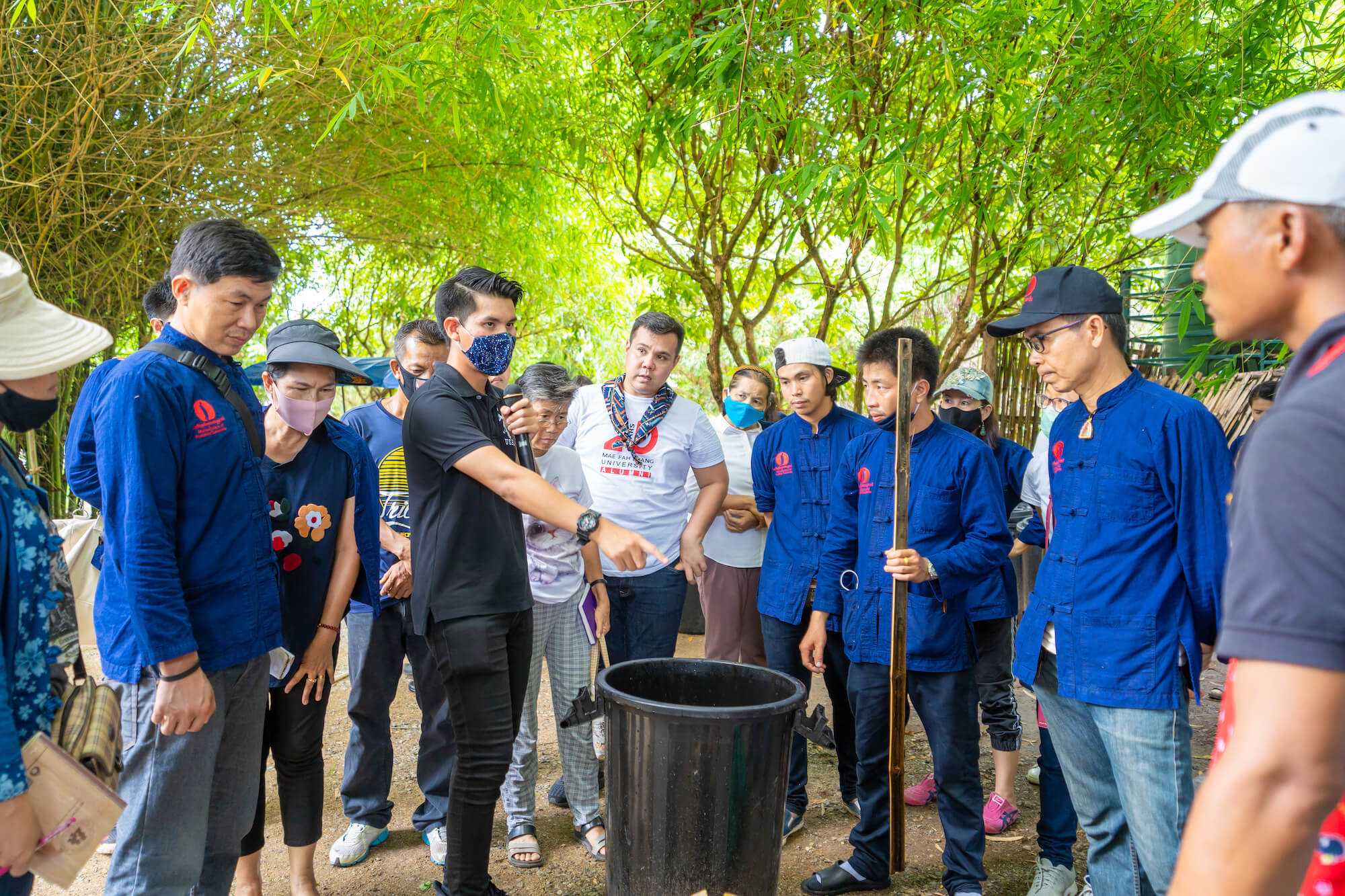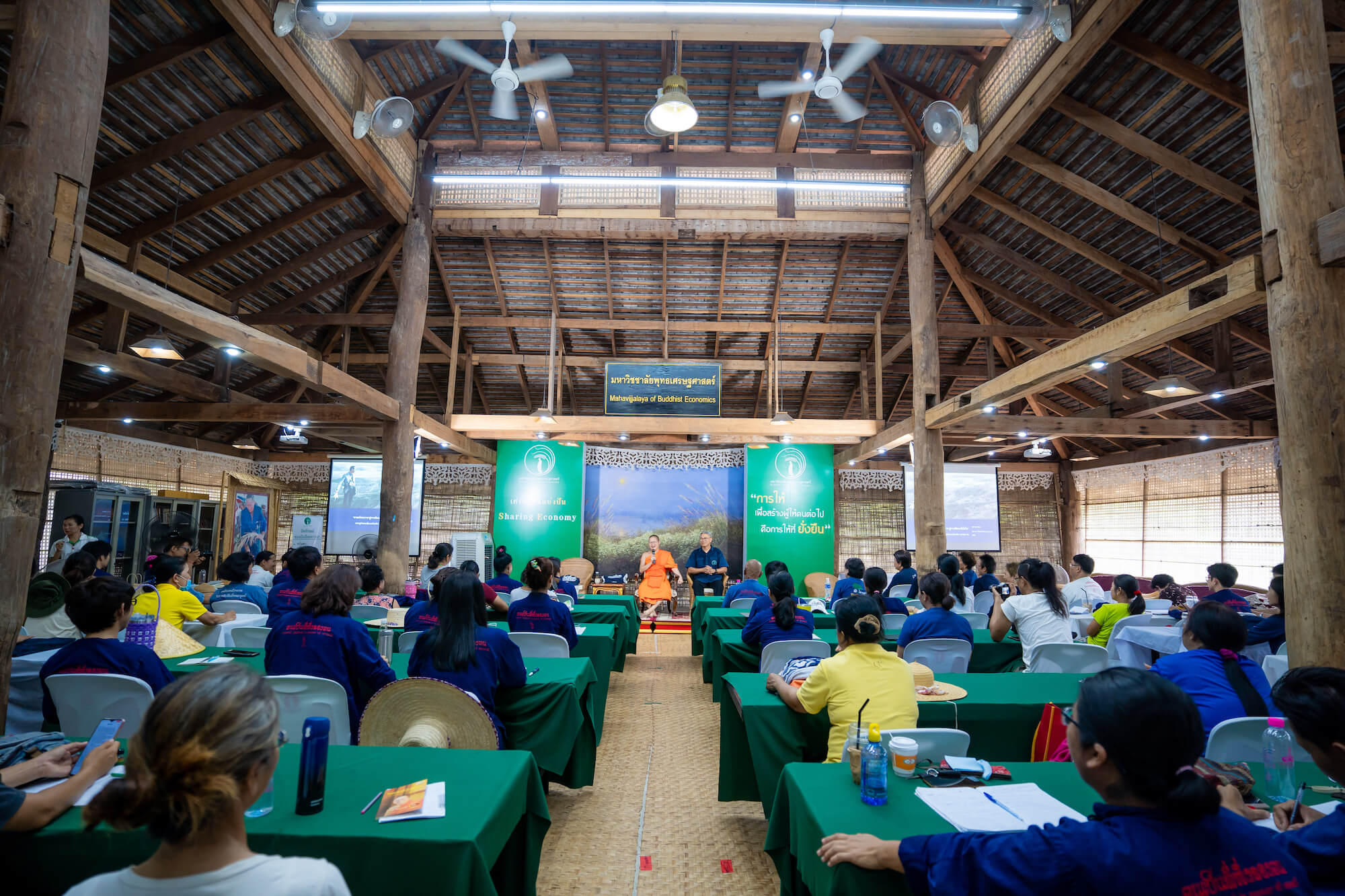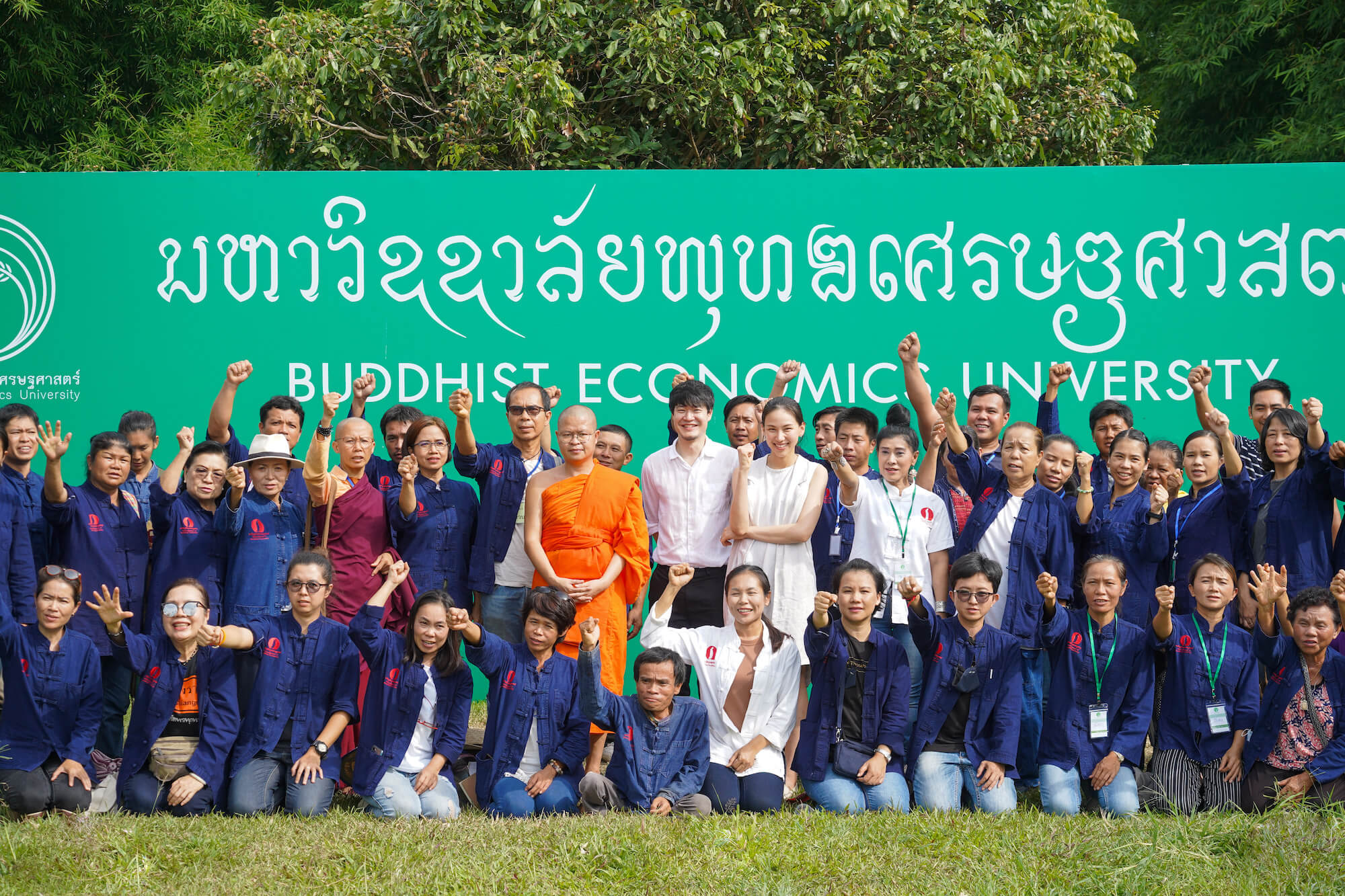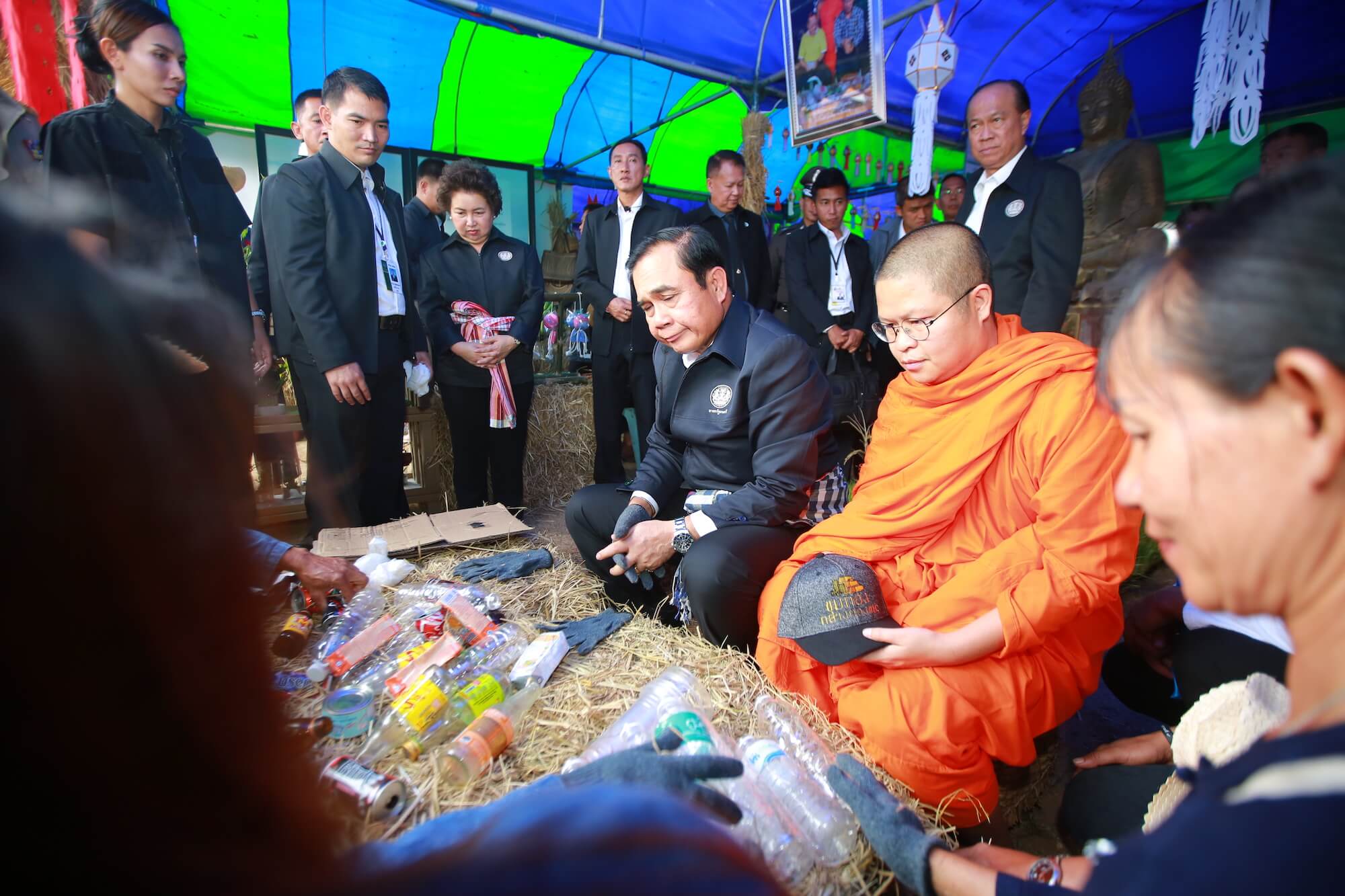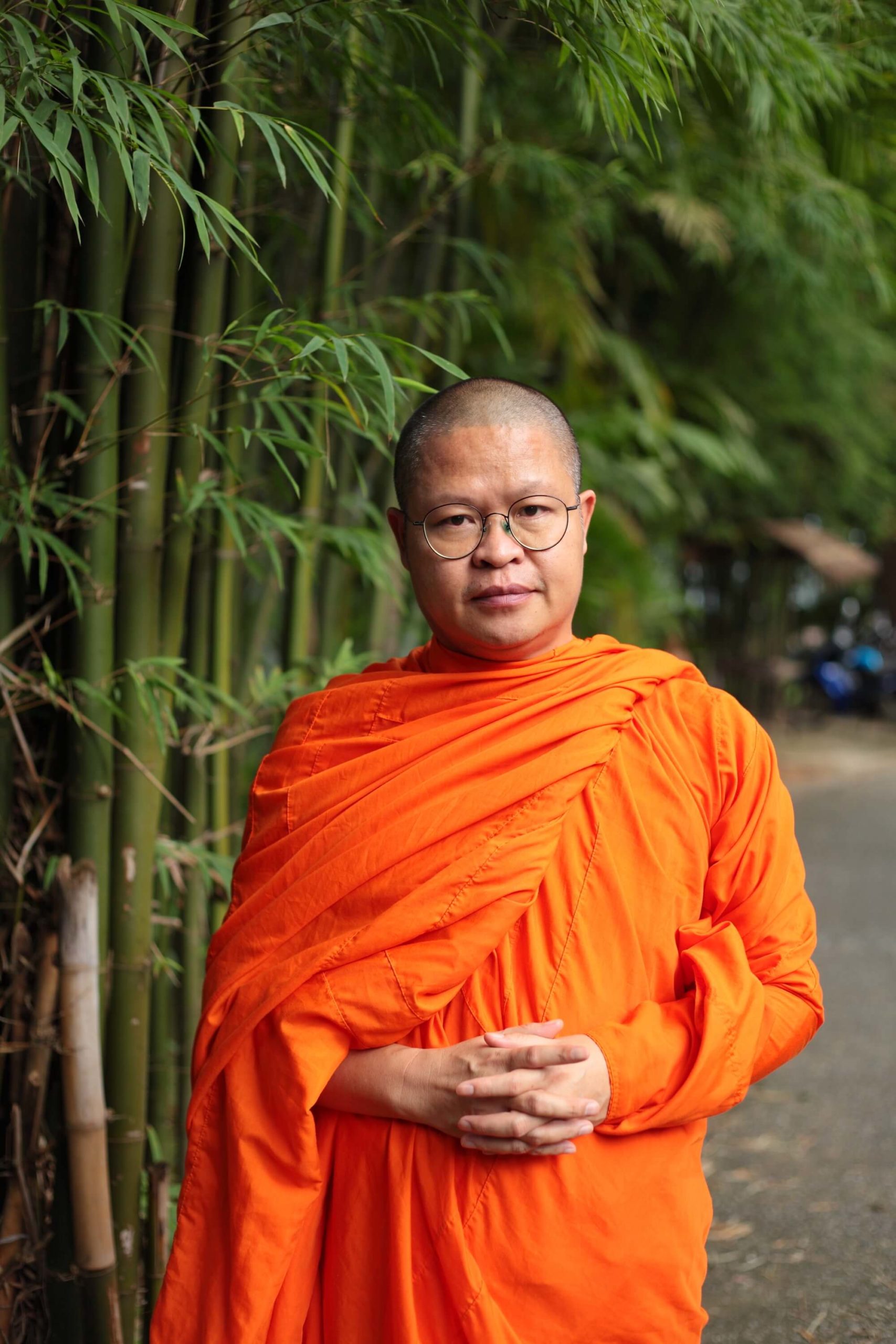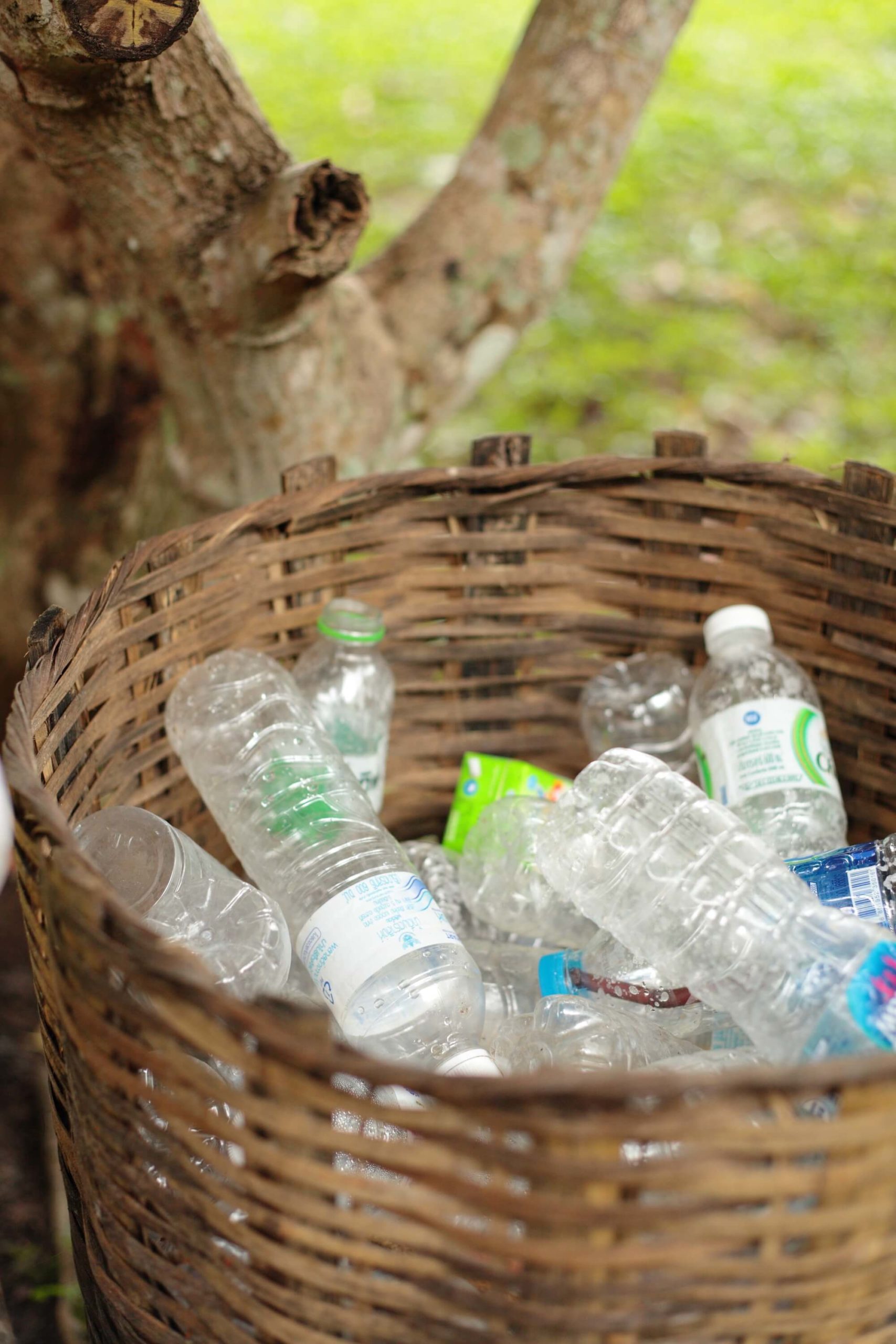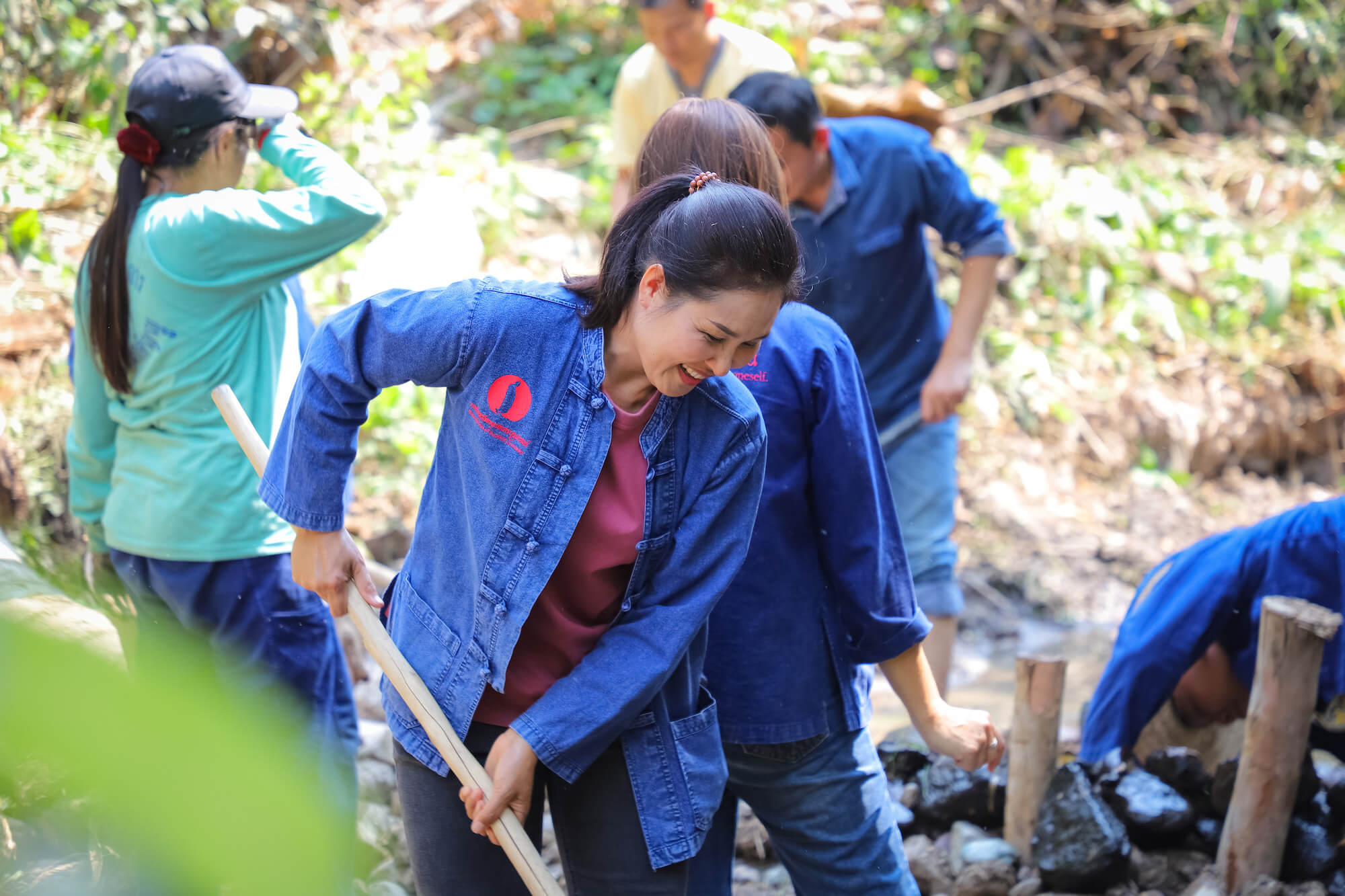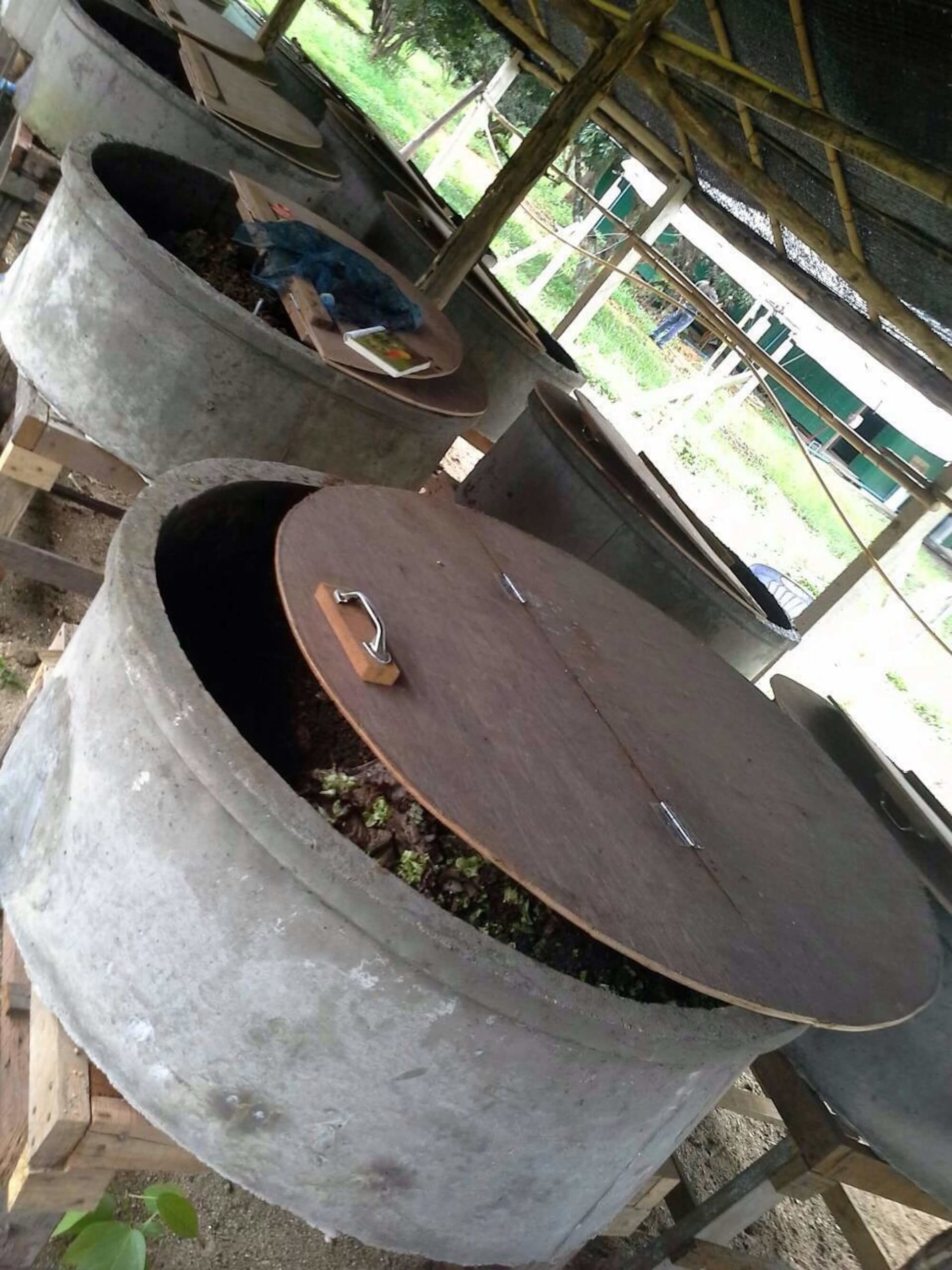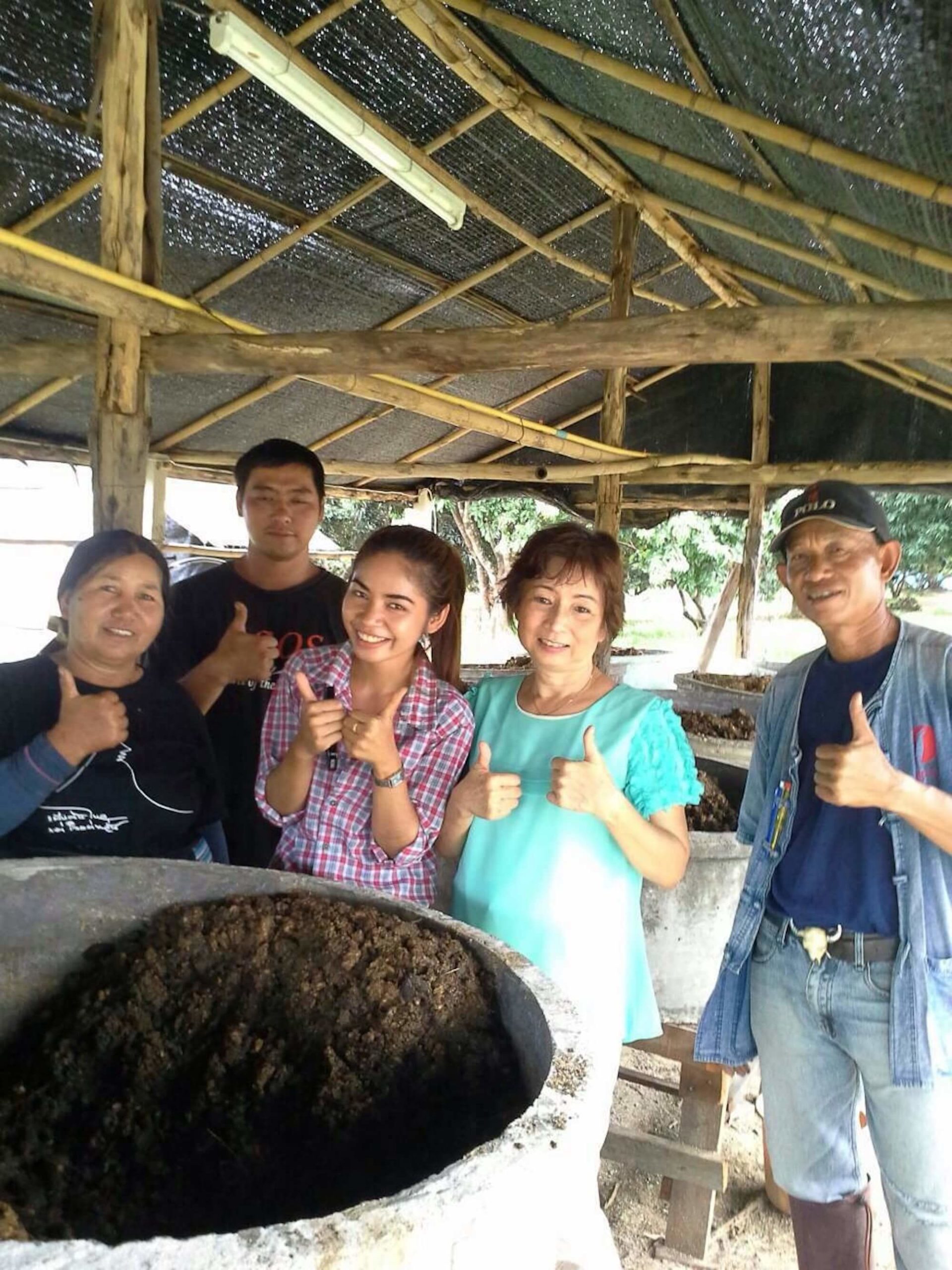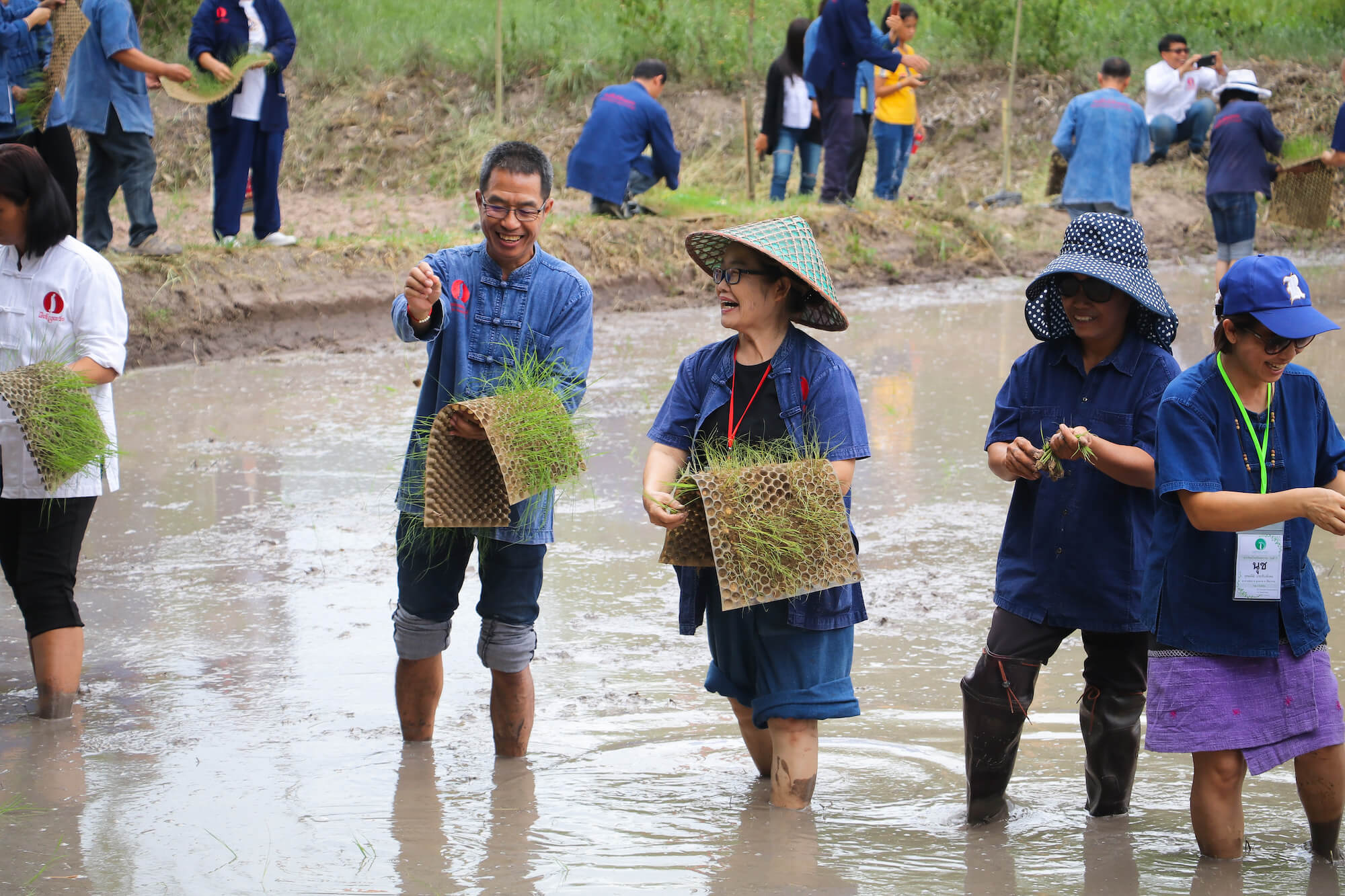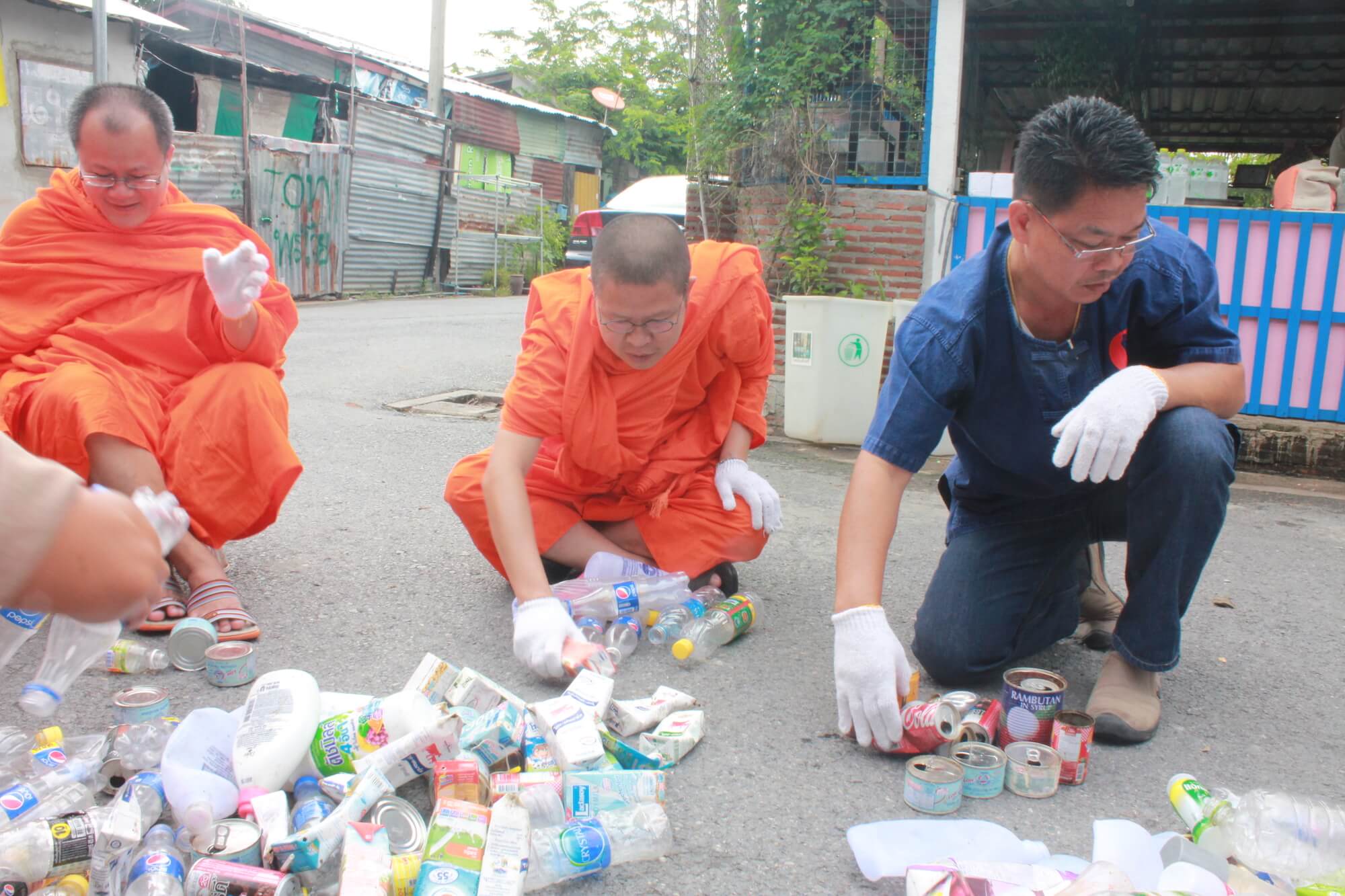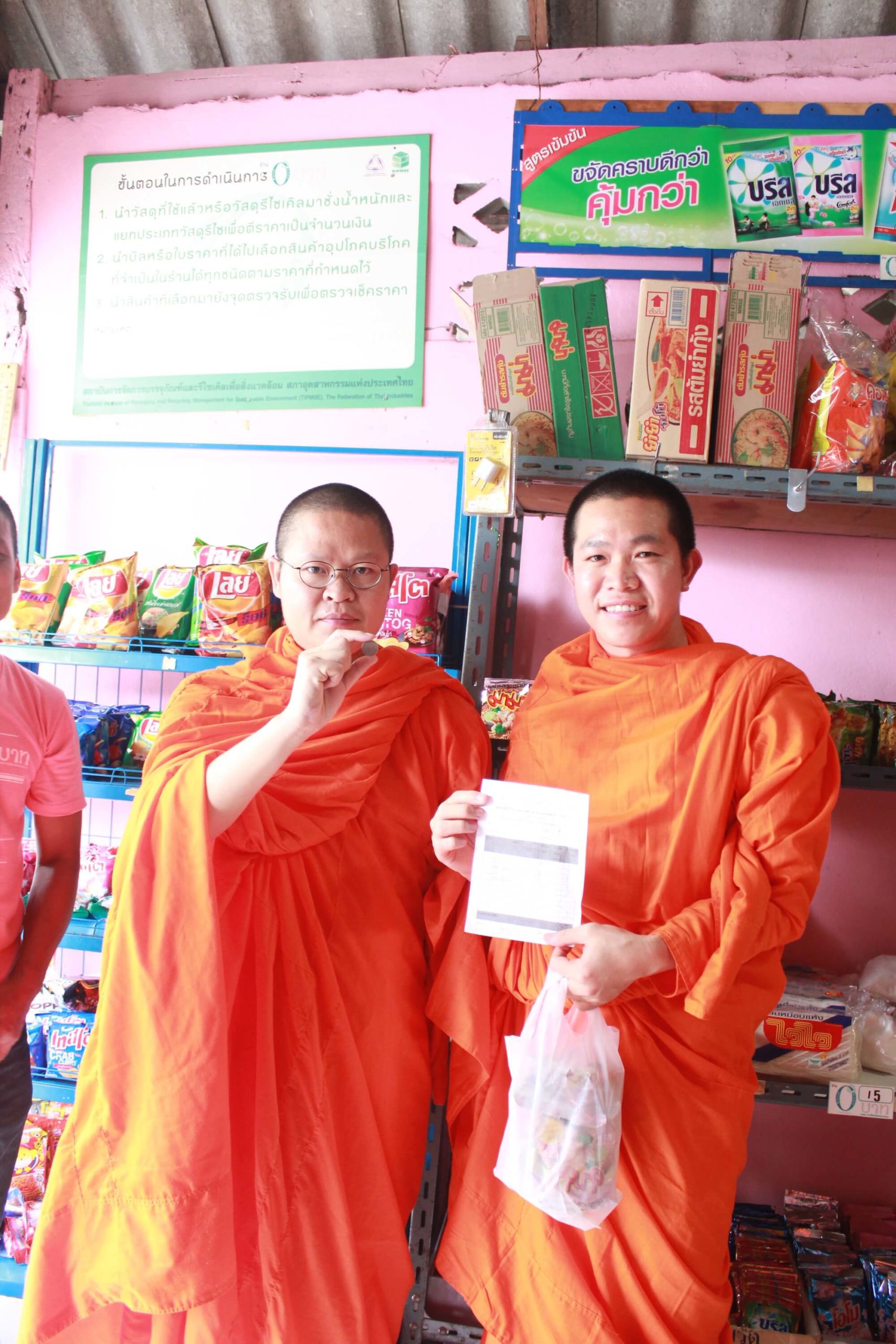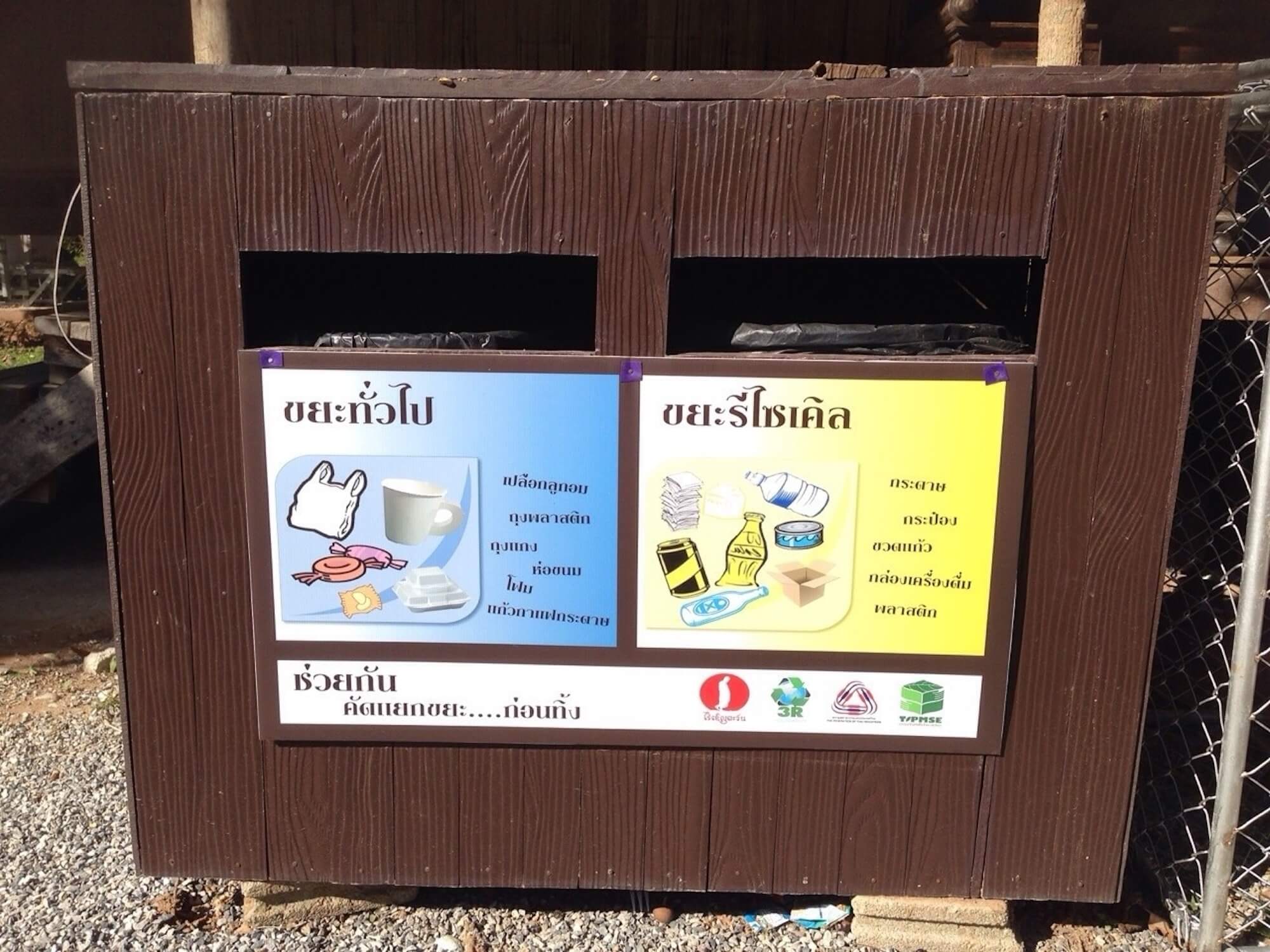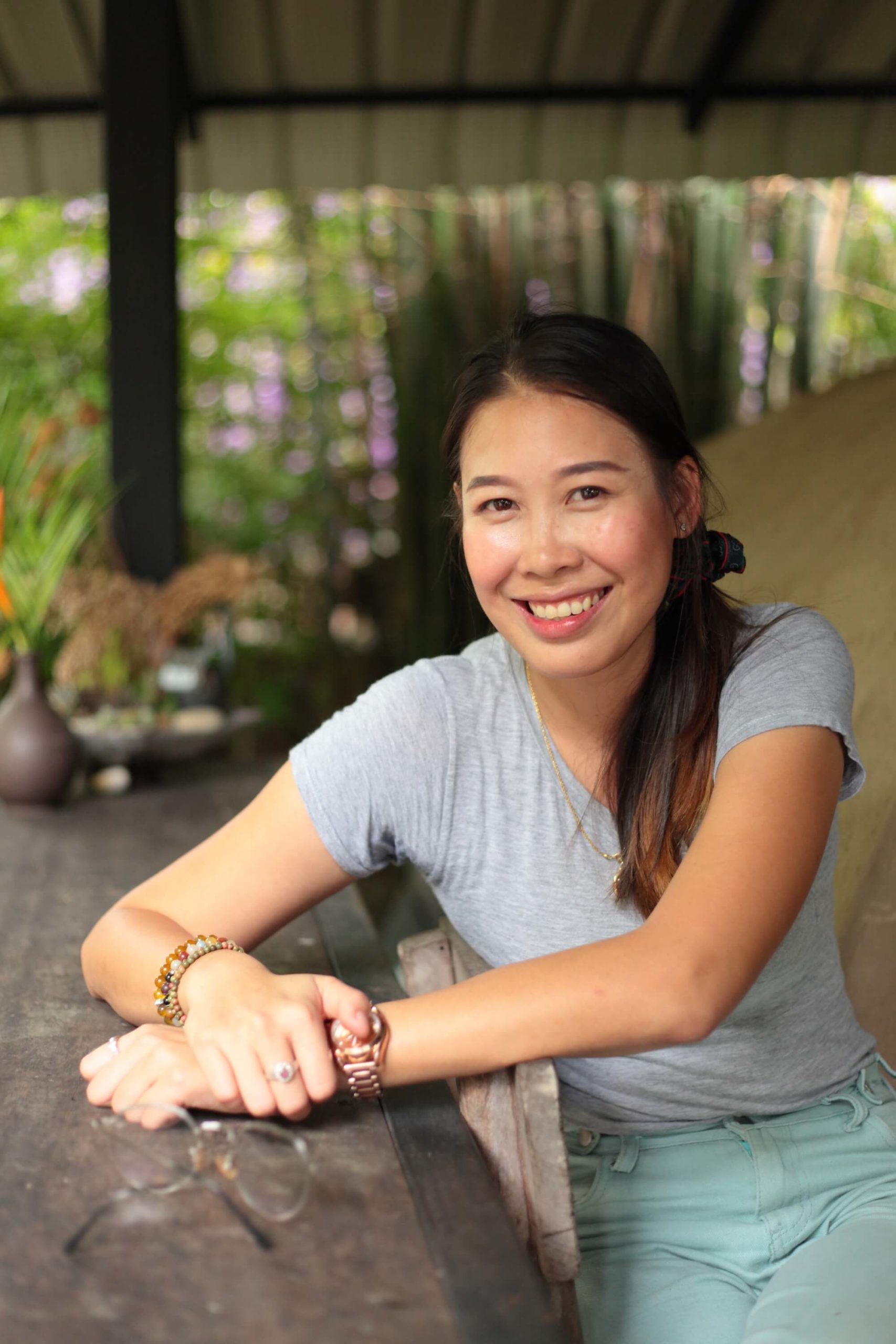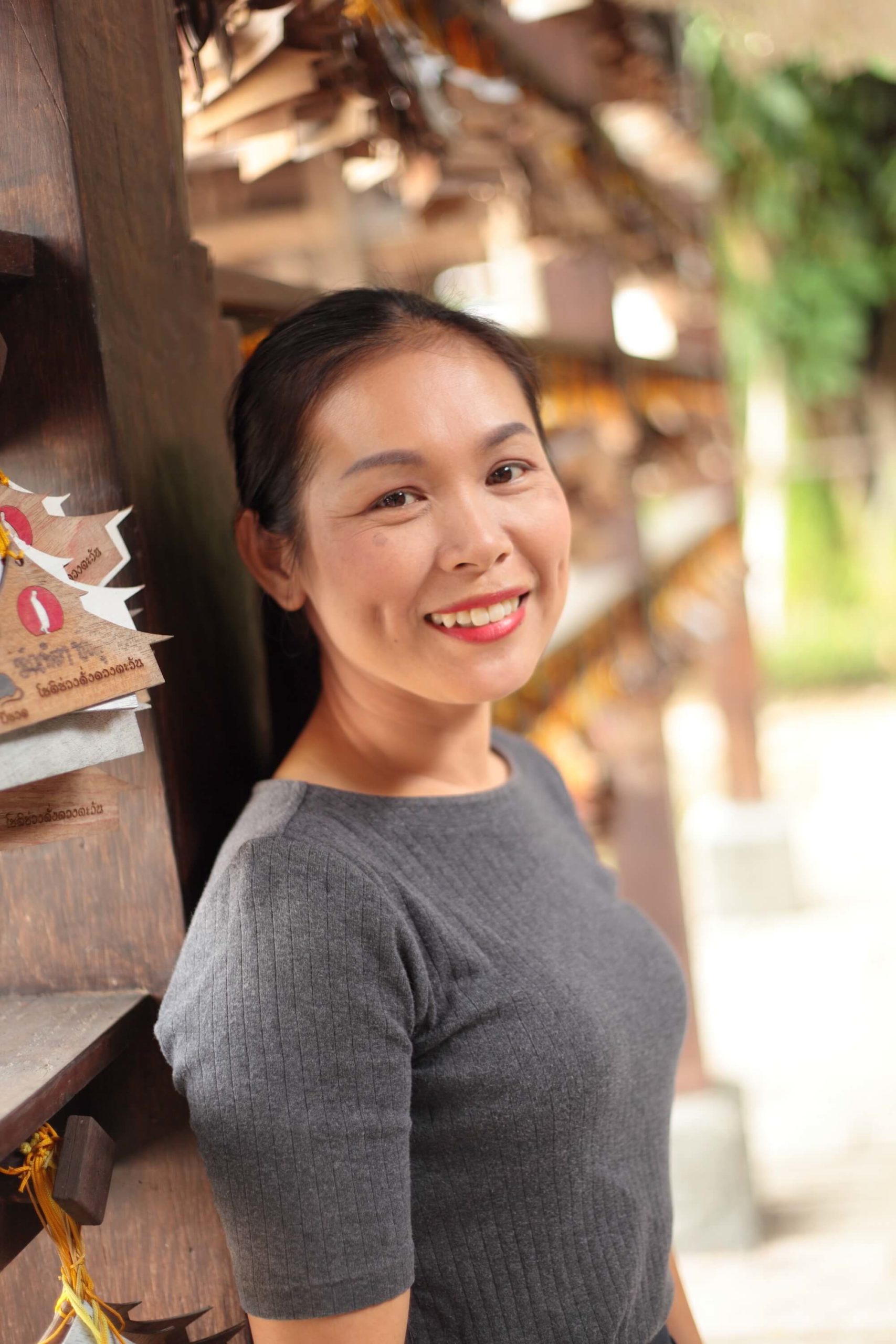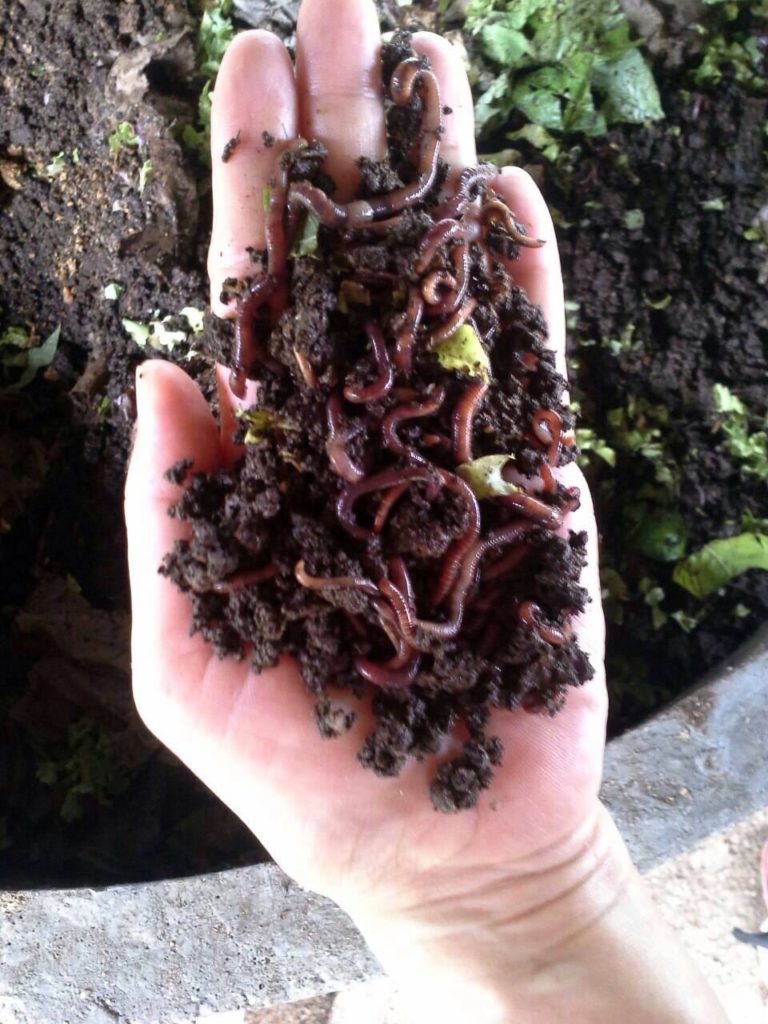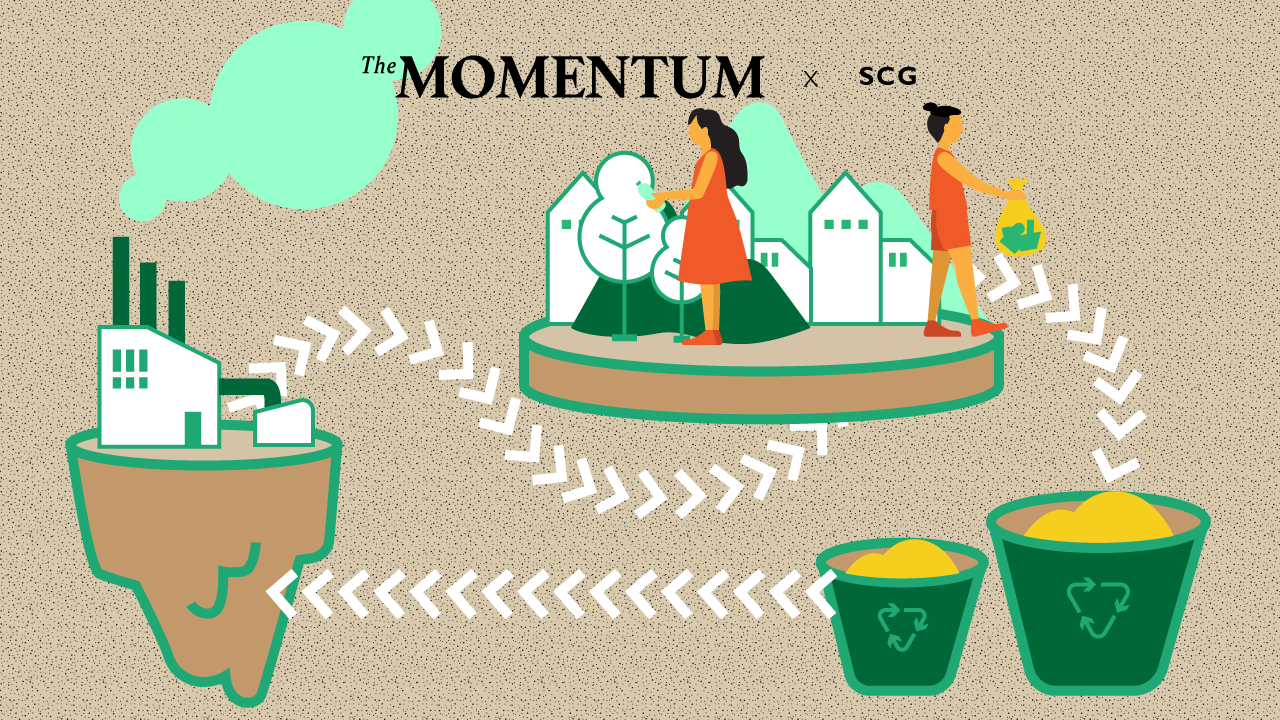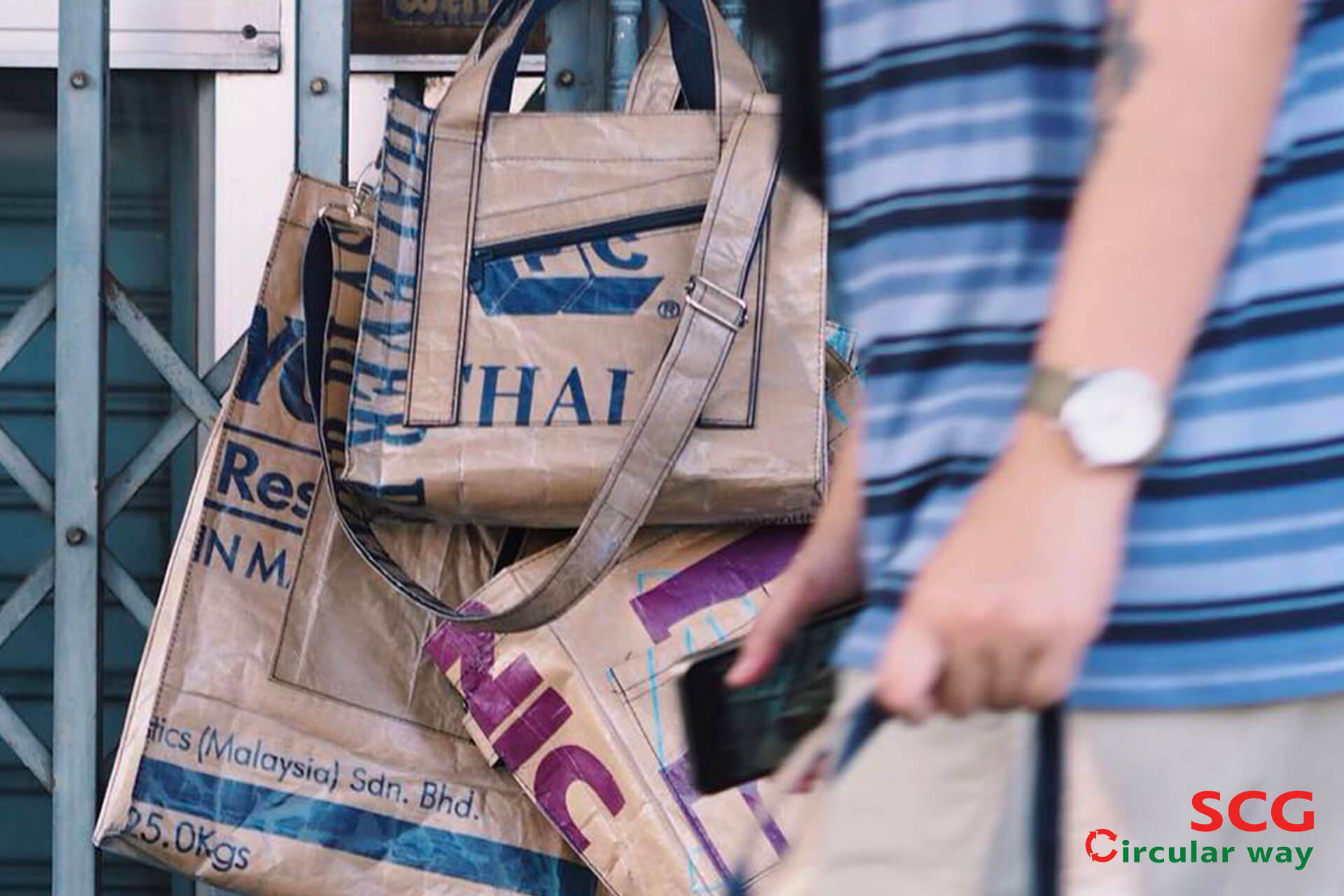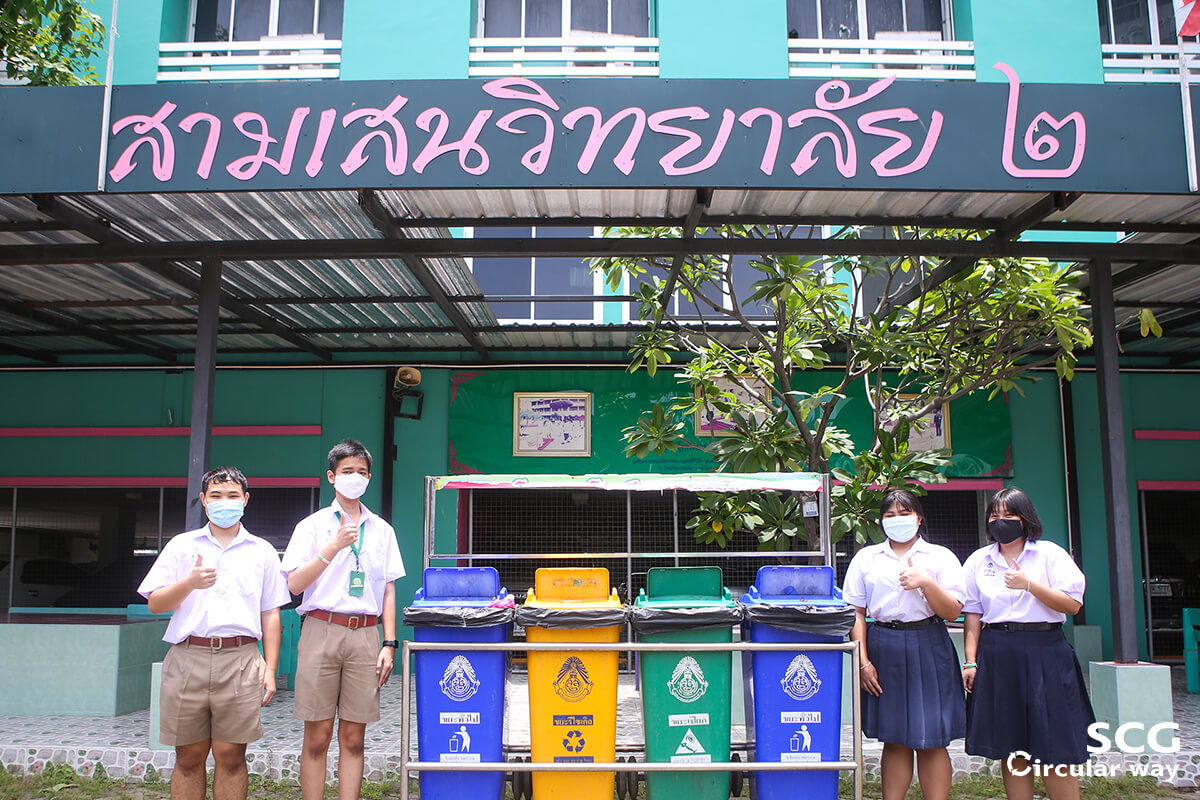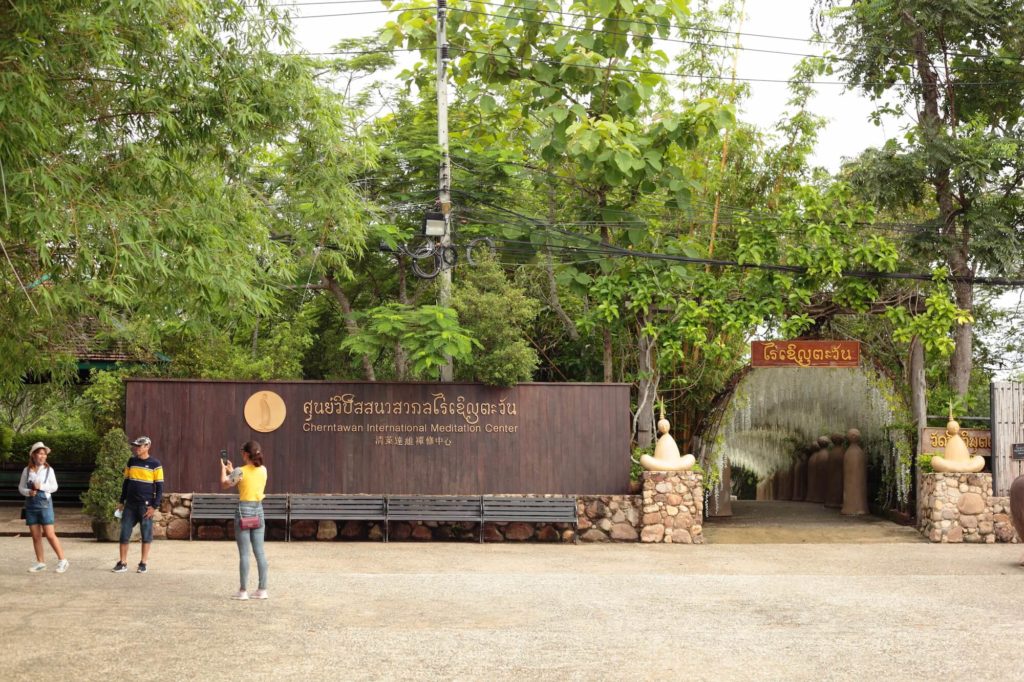
“Rai Cherntawan has adopted waste management approach since 2012 as it was sullied by staggering trash dumbed by tourists during its year-end events: cross-year praying and flower festival “10,000 Lanna Lanterns, 100,000 Blooming Blossoms.” The number of visitors could rise to tens of thousands in which has resulted in trash overload. From that moment on, Than W. Wachiramethi realized that the waste issue is no longer a minor problem. If no serious actions are taken, this will eventually become larger and more problematic.”
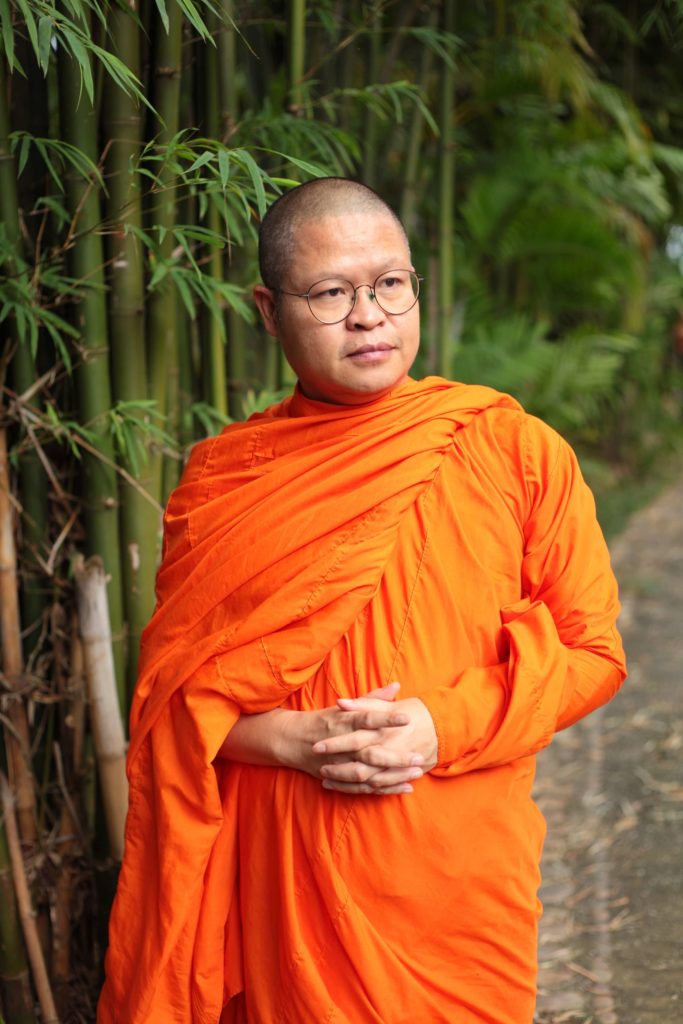
Phra Methi Wachirodom or W. Wachiramethi figured out that what needs to be done before managing the waste is empowering the people. And there is no better way to empower the people than educating and fostering a positive mindset toward waste.
“I took our staff for several educational trips overseas to see how global organizations rigorously implement waste management practices – I say rigorously. We went to Taiwan, Japan, Australia, and so forth, to see their measures on how they separate waste and deal with sorted ones. After that, we captured what we learn and adjusted to the context we are living in.”
The venerable and staff at Rai Cherntawan has introduced several waste management strategies. The center provides four bin types in the meditation venue with symbols for different waste types: 1) plastic bottles and plastic bags, 2) glass waste and aluminum items, 3) paper waste, and 4) general waste.
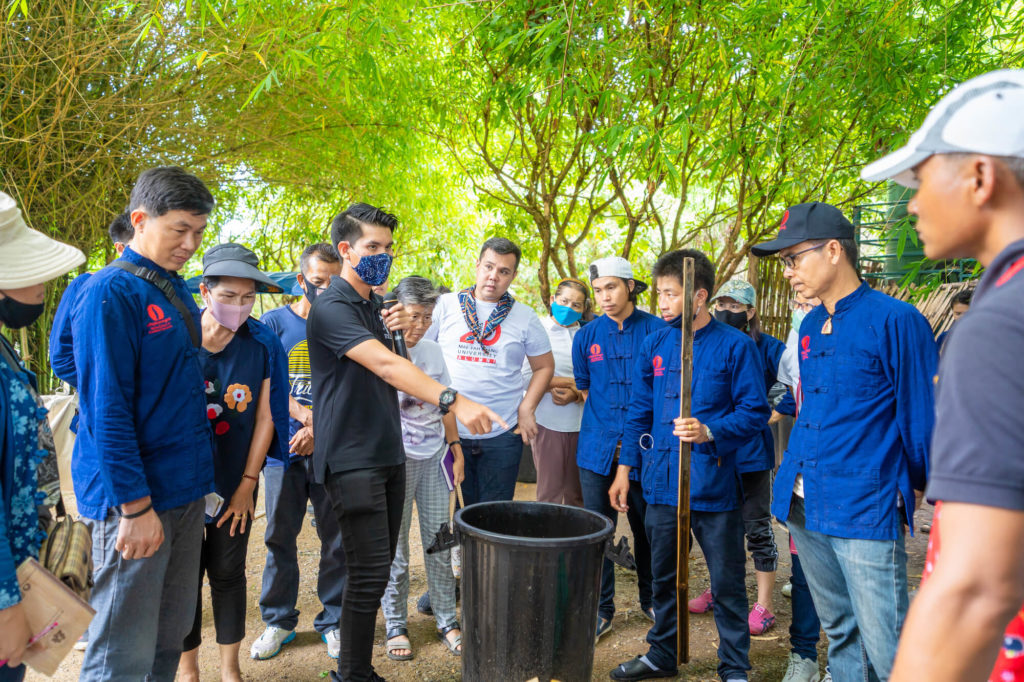
“All four types of waste will be sorted at the waste separation facility. The plastic waste will be sold to our network members to make oil extracted from the plastic. We cut the remaining and unsold plastic items into strips and weave them into a basket or a candlestick, and sell to tourists. The glass and aluminum waste are used to craft furniture items. For instance, we transformed coffee cans into a chair. The paper waste will be given to farmers in the community to cover and protect hanging santol and guava fruits from insects. The general waste will be re-sorted. The food waste will be recovered for vermicomposting. The waste items that cannot be treated will be taken by Huay Sak municipality staff,”
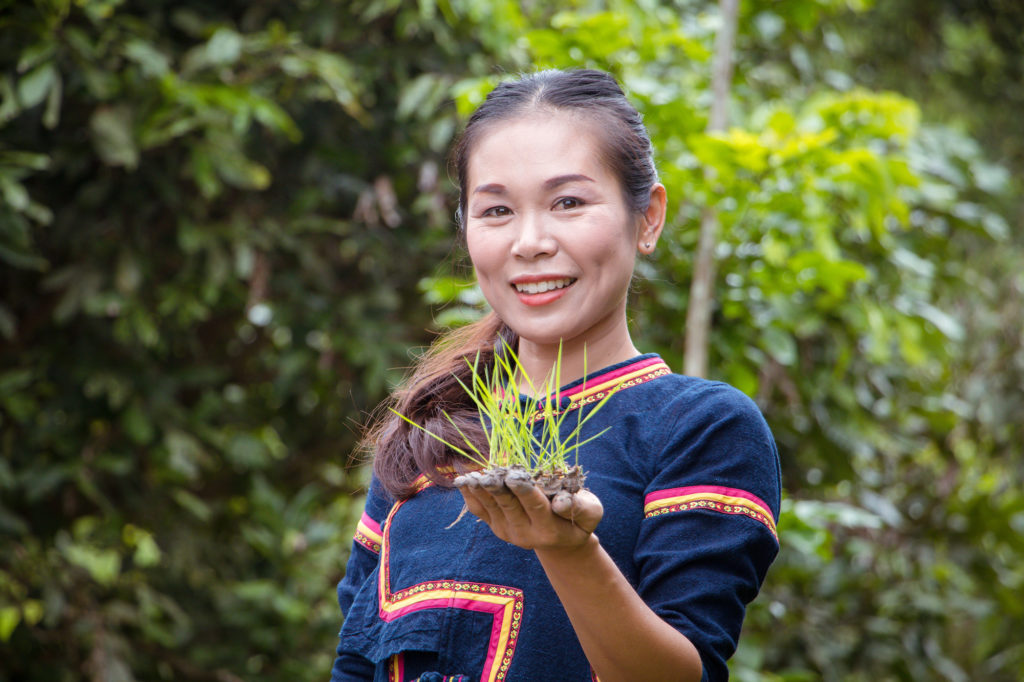
Natcharee Nutham, Manager of The Academy of Buddhist Economics and staff of Cherntawan International Meditation Center, described waste management practices in the center.
“Before this, we struggled with waste overload dumped by the tourists. Now, when the visitors arrive at our center, the first thing they see is our waste management system. We give them a tour of how we sort the waste and the reason behind it. We educate the tourists to make them realize that they cannot litter as they did in the past. For some tourists with limited visiting time, like half an hour, they could not see our entire waste management system. Instead, we will bring them to our zero-baht shop to let them browse the products made from waste items and the stories behind each one. The venerable also integrated the Buddhist teaching ‘Four Noble Truths’ into waste management. If the venerable is at the center, he will give the tourists a sermon himself.”
Nowadays, it doesn’t matter if the center hosts the busiest event like cross-year praying or welcomes small crowds in the less busy days. There will not be tourists improperly disposing of rubbish or dirtying Rai Cherntawan.
